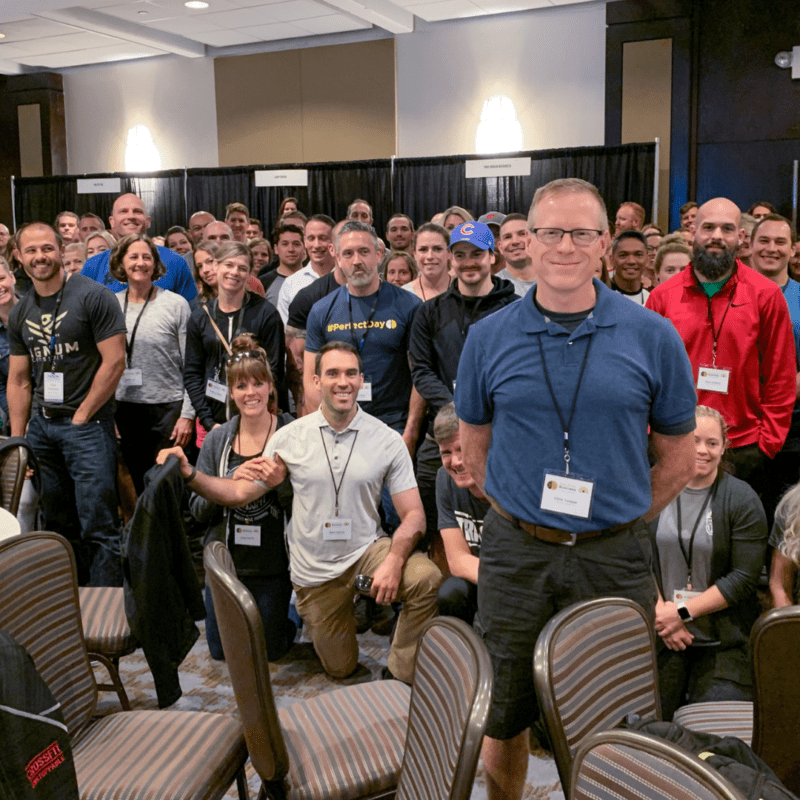(originally published on DontBuyAds.com, Oct. 28 2010.)
Cash Flow Trumps Revenue
The worst 30 minutes I’ve ever experienced in this industry wasn’t in a gym. It was on a comfortable couch in a shareholder’s office. I was there to ask for money.
Three years in. Beyond the original investment – only $16,000 – I’d never asked for money from these guys. My goal, only a few months before, had been to buy their shares back, and take 100% control of the company where I was spending 80 hours every week. And here I was, hat in hand, asking for a cash contribution to make payroll.
Even worse, the share structure meant a leveraged short-term loan: for every $250 contributed by the shareholders, I’d have to come up with $750 myself. All I could pry from my partners was $500, because I didn’t have the cash to match their piece of the pie.
“How are sales?” they asked, sympathetic. “Strong,” I said, “but we have huge accounts receivable.” To the tune of around $12,000, I didn’t add. In fact, if even one or two of the larger accounts paid their bill, I wouldn’t have had a problem at all.
“Have you been paid this week?” one asked. “No.” I quickly replied. They knew they were unlikely to make their commission that month, too.
An hour later, after discussing a few ideas that I didn’t want to pursue – calling clients to demand payment, offering a discount for immediate payment, adding an interest charge to accounts, selling the debt for 20% of its actual value – they gave me $500 between them, and I left, broke and doubting my future in business.
A week later, I was sitting at a buddy’s kitchen table. Nick owns an auto body. He’s fifty-five, had two heart attacks, and put two daughters through school. I was bemoaning my credit problems.
“Yeah, I know a guy who had the same problem,” Nick said. “You don’t need that. Tell everyone that they have to pay up front.”
“I can’t do that,” I said. “They’re all great customers.”
“That’s exactly what this other guy said. He was busy as hell but couldn’t pay his own bills. Lots of friends, though.”
“So how did he fix it?” I asked.
“Went broke and sold his garage to me. You want another beer?”
The next Monday, we started selling training packages.
Three years in. Beyond the original investment – only $16,000 – I’d never asked for money from these guys. My goal, only a few months before, had been to buy their shares back, and take 100% control of the company where I was spending 80 hours every week. And here I was, hat in hand, asking for a cash contribution to make payroll.
Even worse, the share structure meant a leveraged short-term loan: for every $250 contributed by the shareholders, I’d have to come up with $750 myself. All I could pry from my partners was $500, because I didn’t have the cash to match their piece of the pie.
“How are sales?” they asked, sympathetic. “Strong,” I said, “but we have huge accounts receivable.” To the tune of around $12,000, I didn’t add. In fact, if even one or two of the larger accounts paid their bill, I wouldn’t have had a problem at all.
“Have you been paid this week?” one asked. “No.” I quickly replied. They knew they were unlikely to make their commission that month, too.
An hour later, after discussing a few ideas that I didn’t want to pursue – calling clients to demand payment, offering a discount for immediate payment, adding an interest charge to accounts, selling the debt for 20% of its actual value – they gave me $500 between them, and I left, broke and doubting my future in business.
A week later, I was sitting at a buddy’s kitchen table. Nick owns an auto body. He’s fifty-five, had two heart attacks, and put two daughters through school. I was bemoaning my credit problems.
“Yeah, I know a guy who had the same problem,” Nick said. “You don’t need that. Tell everyone that they have to pay up front.”
“I can’t do that,” I said. “They’re all great customers.”
“That’s exactly what this other guy said. He was busy as hell but couldn’t pay his own bills. Lots of friends, though.”
“So how did he fix it?” I asked.
“Went broke and sold his garage to me. You want another beer?”
The next Monday, we started selling training packages.
